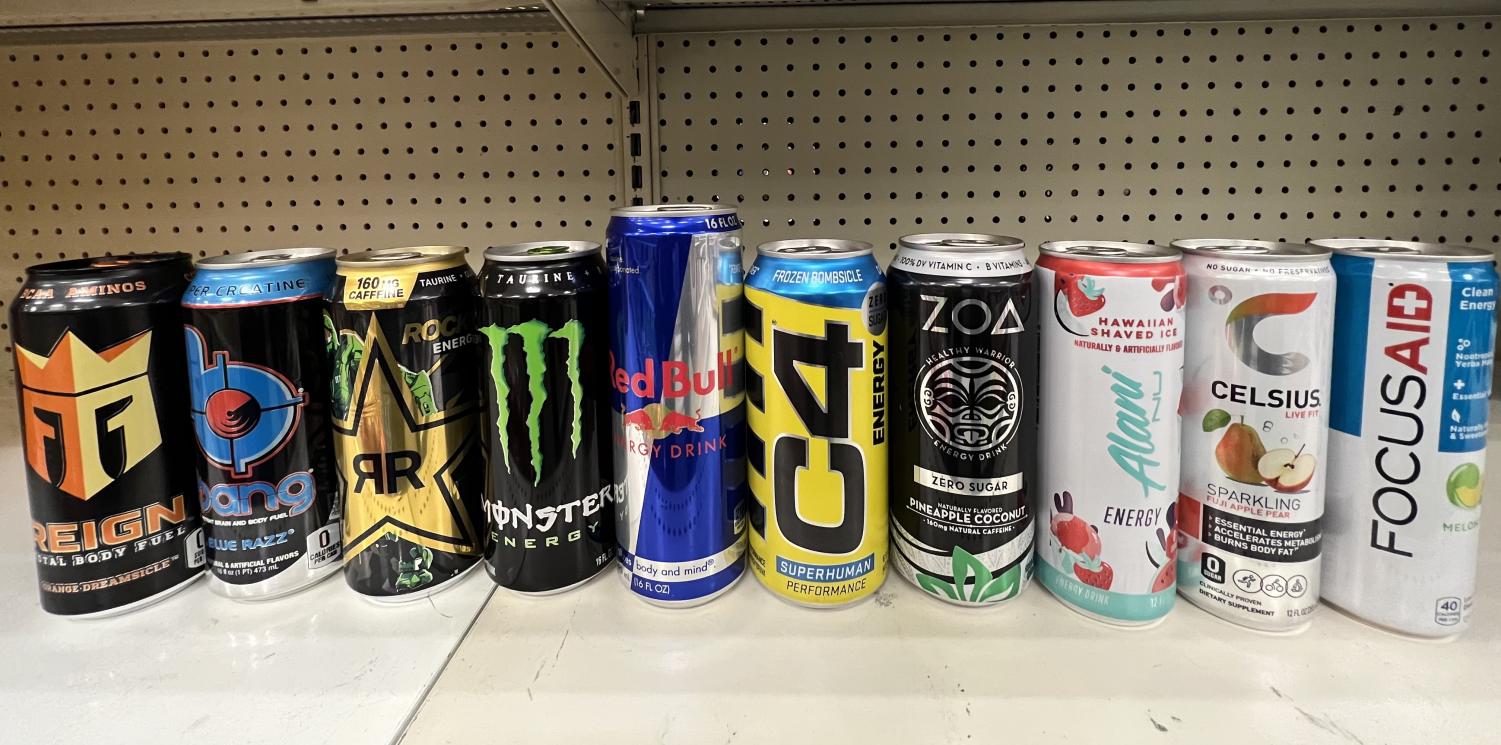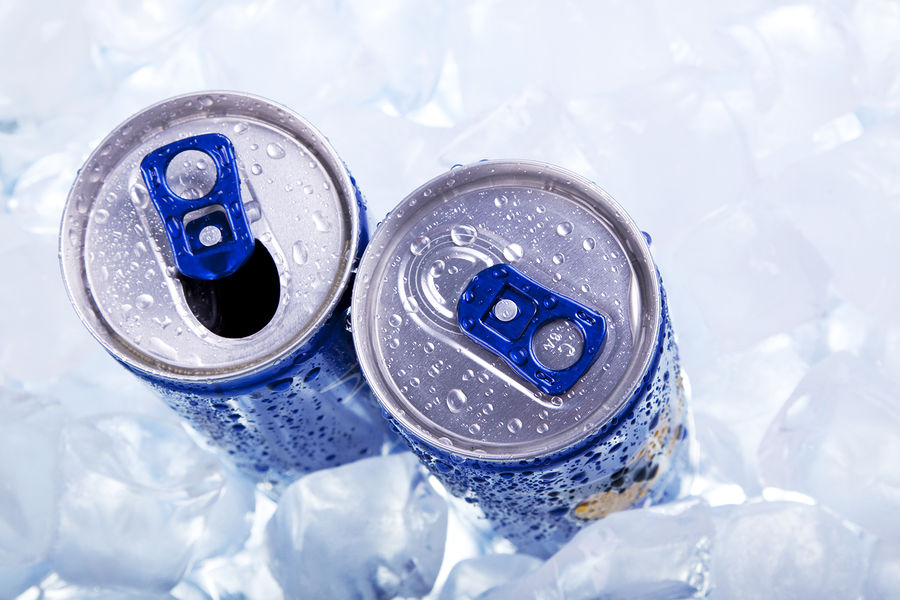- Abuse & The Abuser
- Achievement
- Activity, Fitness & Sport
- Aging & Maturity
- Altruism & Kindness
- Atrocities, Racism & Inequality
- Challenges & Pitfalls
- Choices & Decisions
- Communication Skills
- Crime & Punishment
- Dangerous Situations
- Dealing with Addictions
- Debatable Issues & Moral Questions
- Determination & Achievement
- Diet & Nutrition
- Employment & Career
- Ethical dilemmas
- Experience & Adventure
- Faith, Something to Believe in
- Fears & Phobias
- Friends & Acquaintances
- Habits. Good & Bad
- Honour & Respect
- Human Nature
- Image & Uniqueness
- Immediate Family Relations
- Influence & Negotiation
- Interdependence & Independence
- Life's Big Questions
- Love, Dating & Marriage
- Manners & Etiquette
- Money & Finances
- Moods & Emotions
- Other Beneficial Approaches
- Other Relationships
- Overall health
- Passions & Strengths
- Peace & Forgiveness
- Personal Change
- Personal Development
- Politics & Governance
- Positive & Negative Attitudes
- Rights & Freedom
- Self Harm & Self Sabotage
- Sexual Preferences
- Sexual Relations
- Sins
- Thanks & Gratitude
- The Legacy We Leave
- The Search for Happiness
- Time. Past, present & Future
- Today's World, Projecting Tomorrow
- Truth & Character
- Unattractive Qualities
- Wisdom & Knowledge
Health & Wellness Wednesdays
Energy Drinks
I strongly dislike energy drinks - but there are many people who absolutely love them. In fact, there are many people who are highly addicted to them.
Like any true addiction, it comes with risks.
Most of us know that the traditional energy drinks (like Monster, or Red Bull) have a TON of caffeine in them, along with a bunch of other stuff that isn’t so good for us.
The stories of people who over consumed energy drinks and ended up with a heart attack are many. Our bodies are not designed to be on that much stimulant.
I know people who can’t get through a day without 2 energy drinks (at minimum). The problem they face is the crash when the energy drink starts to wear off.
If you’ve never experienced that “dip” in energy after coming down from an artificial energy drink high, you could count yourself lucky - it is HORRIBLE. Although I don’t do energy drinks, I have had that energy lull after too much caffeine from coffee and it feels like your body is lead. When I feel like that I could practically drop down and sleep anywhere. It’s not a nice way to feel.
The problem then is that it perpetuates the problem because you need more energy. So what do people do? They go grab another energy drink. Just to start the cycle over again.
Consuming that much caffeine is terrible for your sleep - along with many other things. But the way it impacts your sleep alone is enough to warn you to cut back if you are currently addicted to energy drinks.
If you currently find yourself addicted to energy drinks, try to cut back - your health (and your sleep!) will thank you 🙂
Interesting Fact #1
Caffeine is the most common ingredient in energy drinks and is rated safe by leading institutions around the world. The amount of caffeine in energy drinks is comparable to that of a cup of coffee and is even lower in some cases.
Interesting Fact #2
250ml is the most common container size for energy drinks around the world.
Interesting Fact #3
Taurine is not a stimulant, but plays an important role in various physiological functions.
Quote of the day
“Don't mistake activity with achievement.” ― John Wooden
Article of the day - Facts on Energy Drinks
Energy drinks are beverages that have ingredients like caffeine, vitamins and herbs. They claim to give you more energy and make you feel alert. Read on to learn more about what’s in energy drinks and their safety.
What’s in energy drinks?
Caffeine
Caffeine is one of the main ingredients in energy drinks. While energy drinks in Canada usually have less caffeine than a cup of coffee, it may be easier to consume larger amounts of energy drinks compared to a hot coffee. Too much caffeine can cause headaches, irritability, nervousness and rapid heart rate. The amount of caffeine in energy drinks is more than what is recommended for children and adolescents. This means that one or two energy drinks can easily be over the caffeine limits.
Sugar
Many energy drinks are sold in large can sizes that have lots of added sugar. Canada’s Food Guide recommends limiting food and drinks that are high in added sugar.
Taurine
Taurine is an amino acid, which is a building block of protein. It has many functions in the body. However, it is unclear why taurine is added to energy drinks.
Herbal ingredients
Many energy drinks have herbs like Ginseng and Gingko Biloba. It has been claimed that these herbs improve physical and mental performance. However, there is no scientific evidence to support this claim. In addition, some herbs can interact with drugs (medications) and other supplements. Be sure to talk to your doctor about using energy drinks with these ingredients if you are taking medication or other supplements.
Other ingredients
Energy drinks may also have ingredients like glucuronolactone and inositol (types of carbohydrates). It is not clear why these are added to energy drinks. The B vitamin niacin is often added because it helps our bodies convert food into energy. However, too much niacin may cause burning, tingling, itching and redness in the face, arms and chest. Niacin is found naturally in many foods like meat, chicken, fish, seafood, eggs, legumes (beans, peas, lentils), tofu, grain products, milk, cheese and soy beverages.
Are there side effects from using energy drinks?
Maybe. Moderate amounts are thought to be safe for adults. If energy drinks are mixed with alcohol or consumed in large amounts at one time, side effects can occur like irregular heartbeats and nervousness. More research about the safety of energy drinks is needed.
Who should avoid energy drinks?
Children, adolescents, pregnant or breastfeeding women should avoid consuming energy drinks.
Should I use an energy drink during exercise?
No. Energy drinks are not the same as sports drinks. They tend to be higher in sugar, which can make them harder to absorb during exercise and could cause stomach upset. Drinking energy drinks during exercise can lead to dehydration. Water is your best choice during most types of activity. Use a sports drink during long or intense exercise.
Bottom line
Children, adolescents, pregnant or breastfeeding women should avoid consuming energy drinks. If you choose to use energy drinks, talk to your doctor if you are taking medication or other supplements. Do not mix energy drinks with alcohol.
For more information
MedEffect Canada - Report any bad reactions you have from using energy drinks to your doctor.
Question of the day - What do you think is the best way to get more energy?
Dealing with Addictions
What do you think is the best way to get more energy?











